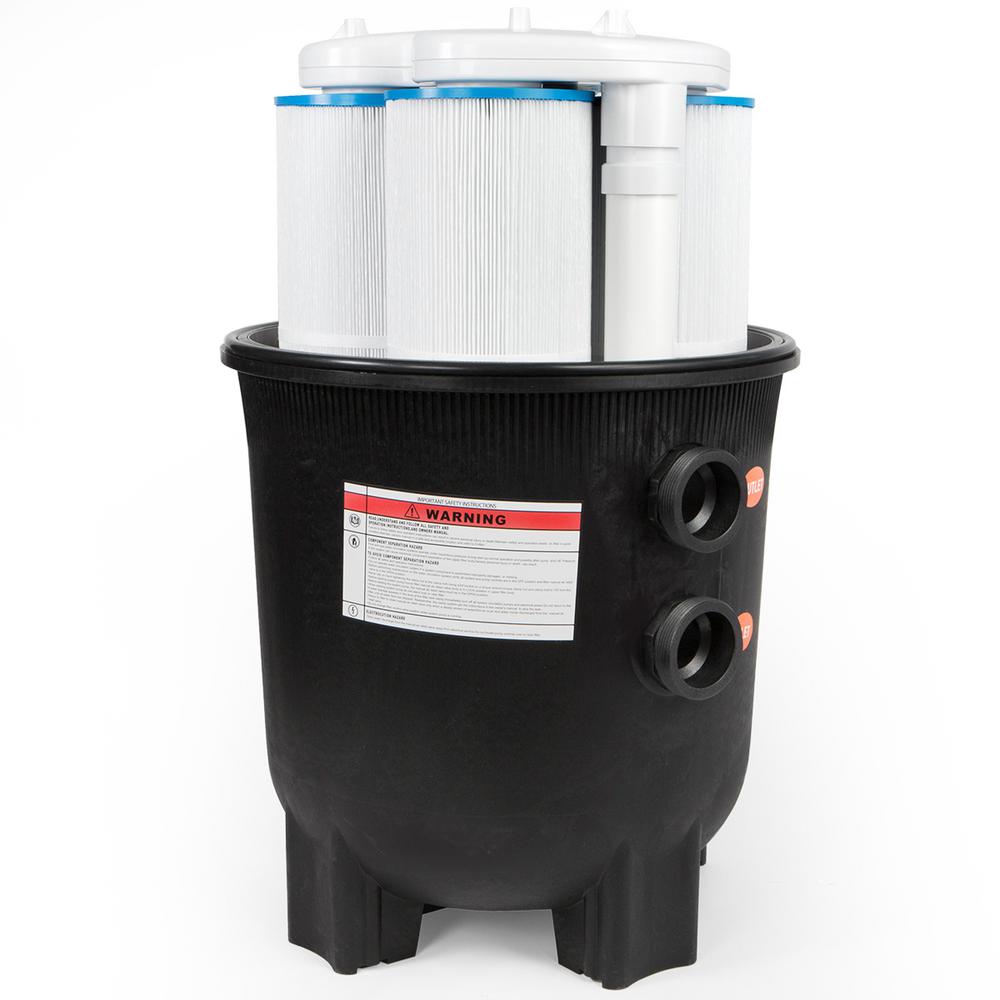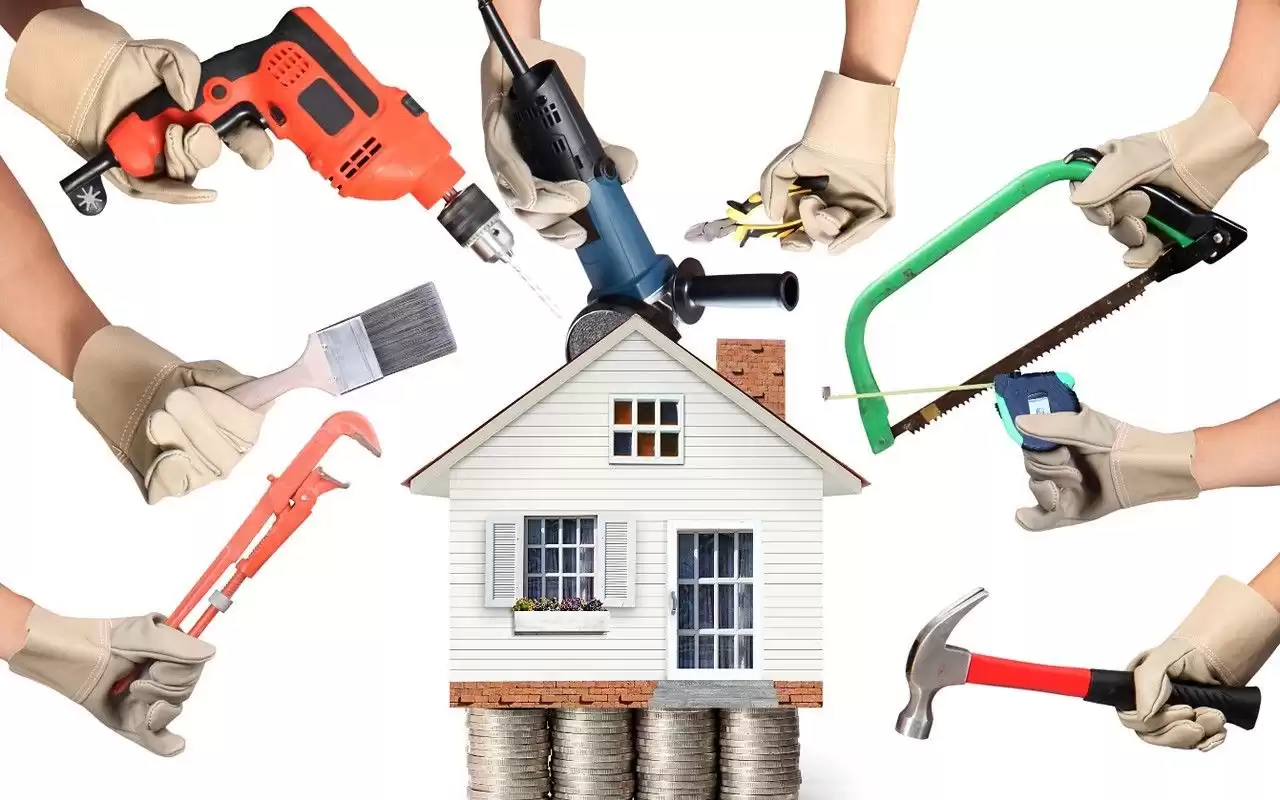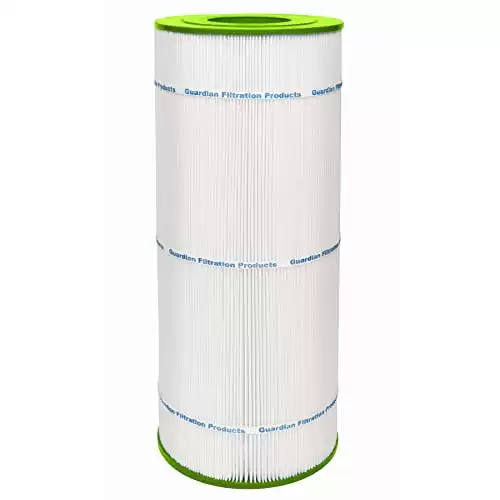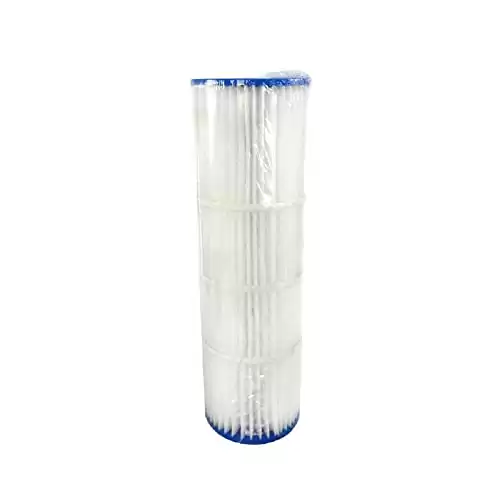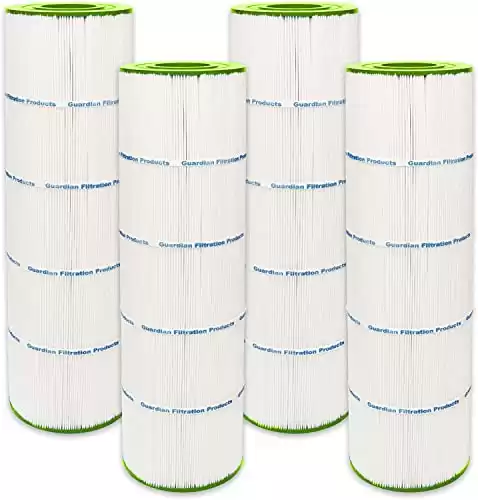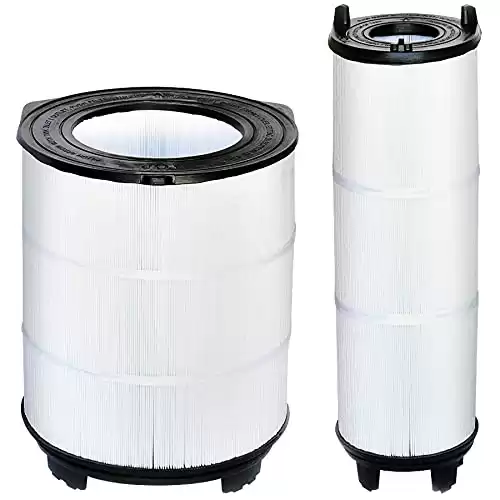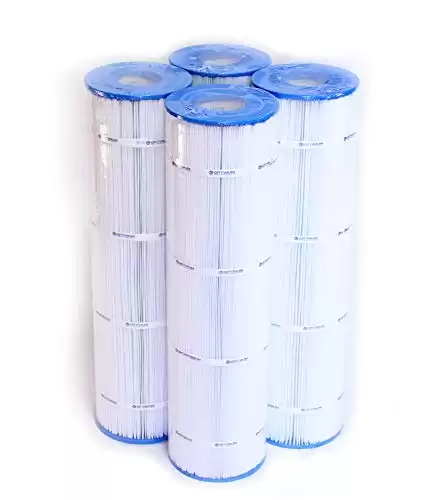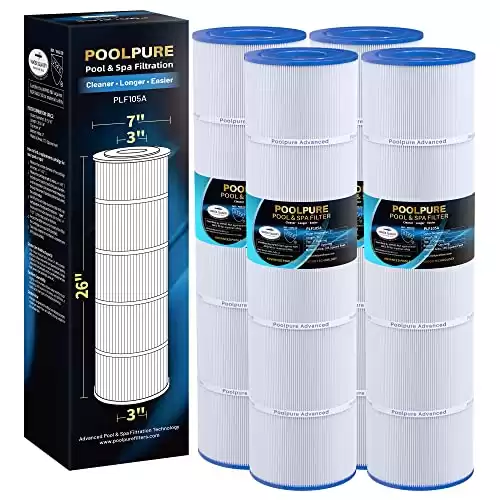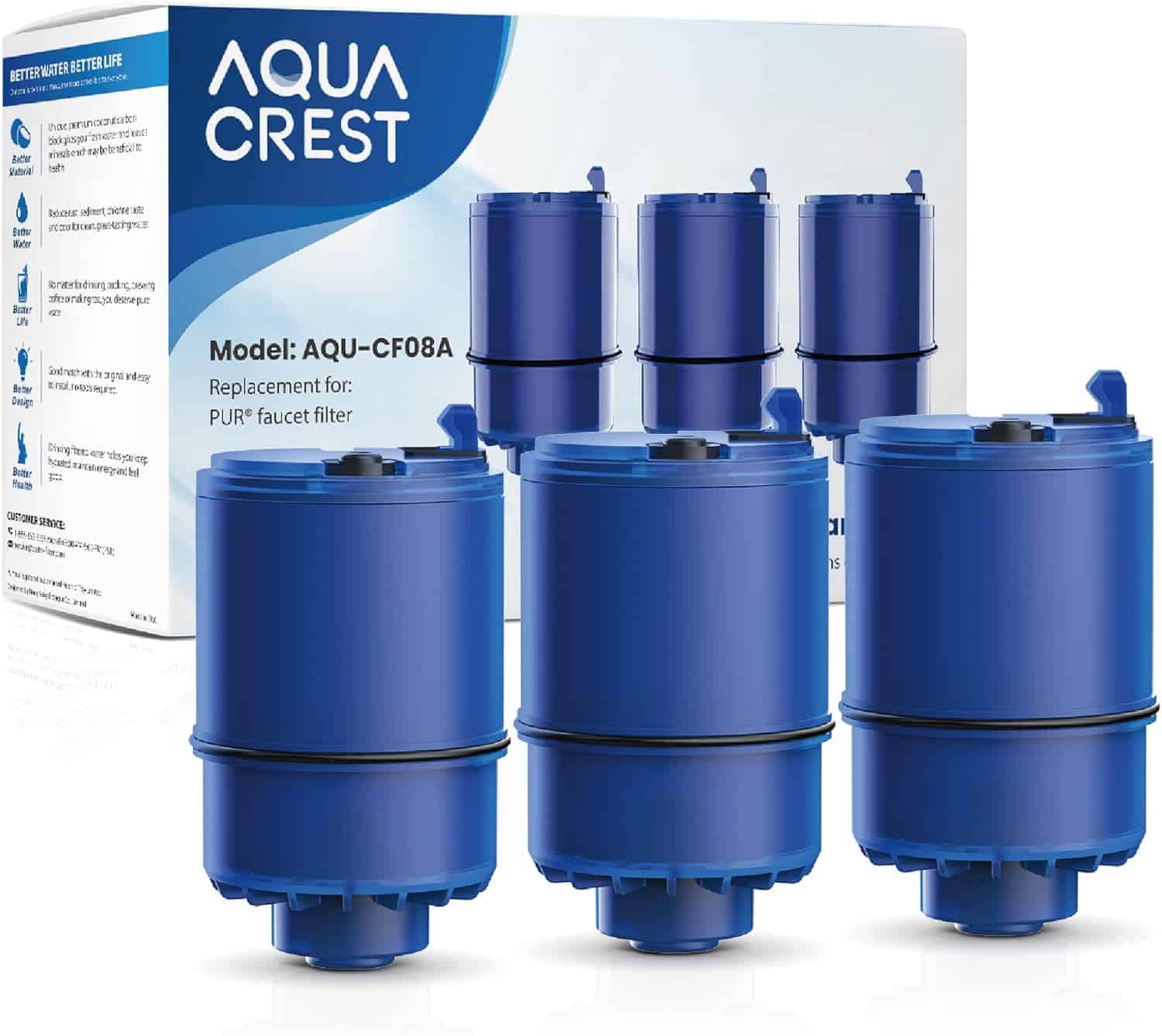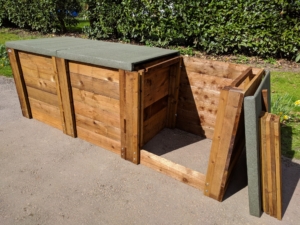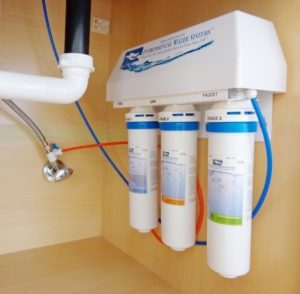Top Pool Filters: Choosing the Right One for Your Pool
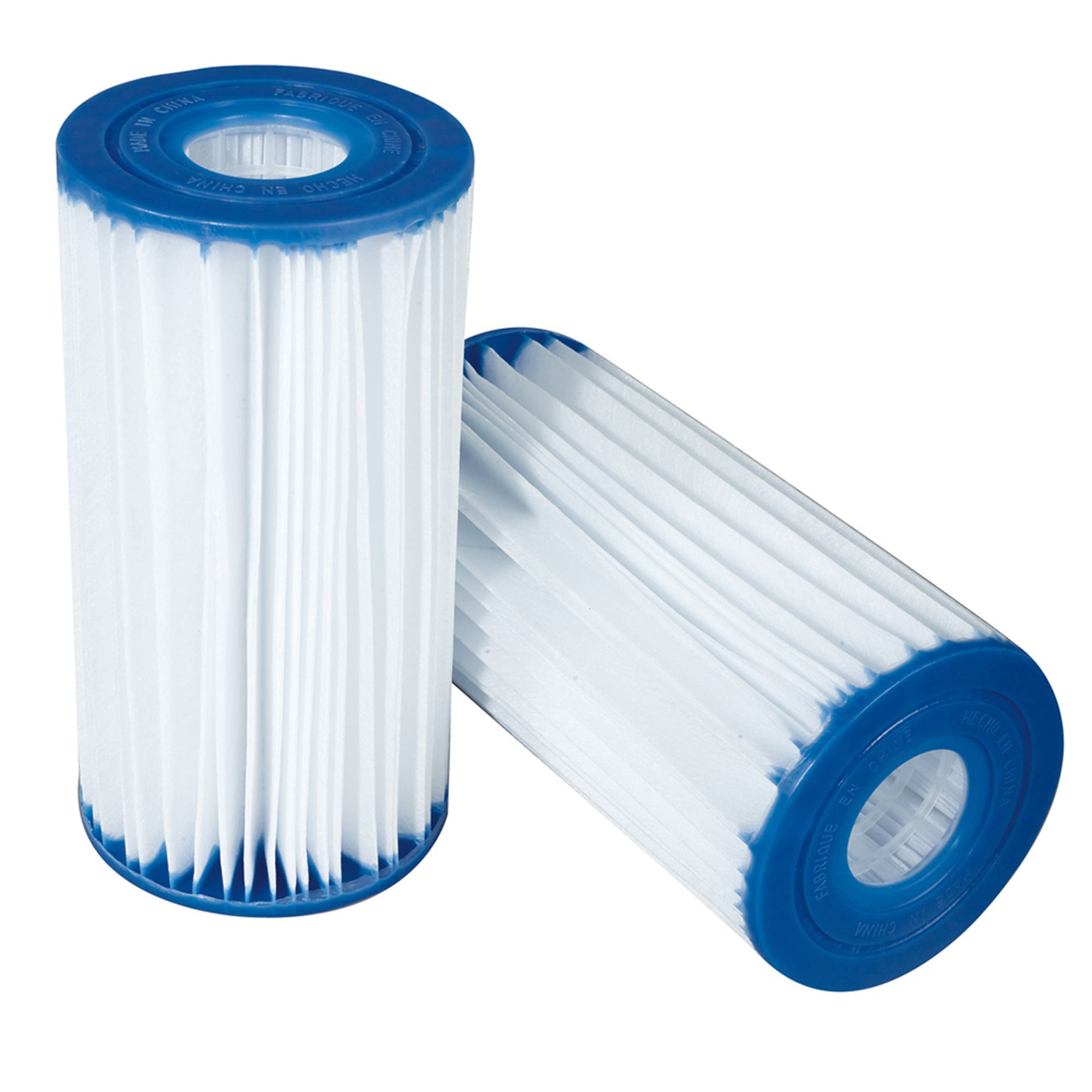
Maintaining clean and healthy pool water is a priority for an enjoyable swimming experience. One of the components in achieving this is selecting a pool filter. In this blog post, we will delve into pool filters, exploring different types, their efficiency, and factors to consider when choosing the right one for your pool.
Understanding Pool Filters
Pool filters are designed to remove debris, contaminants, and impurities from the water, ensuring cleanliness. There are three main types of pool filters commonly used:
1. Sand Filters
Sand filters are the most popular and widely used pool filters. They pass the water through a bed of fine sand, which traps particles and impurities. Sand filters are known for their simplicity and affordability. However, they may require more frequent backwashing and can be less effective in removing smaller particles.
2. Cartridge Filters
Cartridge filters utilize a pleated filter cartridge to trap debris and contaminants from the water. They offer excellent filtration capacity and are relatively easy to maintain. Cartridge filters are known for their efficiency in removing smaller particles but may require more frequent cleaning and cartridge replacement.
3. DE (Diatomaceous Earth) Filters
DE filters are the most efficient and effective type of pool filter. They use fine powder from fossilized diatoms to coat the filter grids, providing exceptional filtration down to the smallest particles. DE filters offer superior water clarity but require more maintenance and periodic replenishment of the DE powder.
Here are the names of the top pool filters:
- Pentair Clean & Clear Plus Cartridge Filter
- Jandy CL Series Cartridge Filter
- Sta-Rite System 3 Modular Media Filter
- Hayward SwimClear Cartridge Filter
- Pentair Quad D.E. Filter
- Hayward ProGrid D.E. Filter
Evaluating Top Pool Filters Efficiency
Efficiency is a crucial factor to consider when choosing a pool filter. Here are some key characteristics to look for:
Filtration Capacity and Flow Rate
The filtration capacity of a pool filter determines how much water it can effectively process within a specific time frame. It is essential to choose a filter that can handle the volume of water in your pool. Additionally, the flow rate, or how quickly the water passes through the filter, affects the overall efficiency.
Energy Efficiency Considerations
Energy-efficient pool filters can help reduce operational costs and environmental impact. Look for filters with variable-speed pumps that allow you to adjust the flow rate and conserve energy. Energy Star-certified filters are also worth considering for their energy-saving features.
Maintenance Requirements and Lifespan
Regular maintenance is necessary to keep pool filters operating at optimal efficiency. Consider the ease of cleaning and backwashing, as well as the lifespan of the filter media or cartridges. Filters that require less frequent maintenance and have longer lifespans can save you time and money in the long run.
Effectiveness in Removing Various Contaminants
Different pool filters have varying degrees of effectiveness in removing specific contaminants. Consider the types of debris and impurities commonly found in your pool and choose a filter best suited to eliminate those particles. Some filters may offer additional features like UV sterilization to kill bacteria and algae.
Matching Filter Types to Pool Size and Usage
Choosing a pool filter that matches your pool size and usage. Consider the following factors:
Determining the Appropriate Filter Size Based on Pool Volume
The size of your pool directly impacts the filter’s capacity to handle the water volume. Select a filter with the appropriate size and flow rate to ensure efficient filtration. Consult a professional or refer to manufacturer guidelines to determine the correct filter size for your pool.
Here’s a general guideline to help you:
- Calculate the pool volume: Determine the volume of your pool in gallons or cubic meters. This can be done by measuring the length, width, and average depth of the pool and using the appropriate formula. For example, if you have a rectangular pool, the volume is calculated as length x width x average depth.
- Determine the desired turnover rate: The turnover rate refers to the amount of time it takes for the entire pool water to pass through the filter system. A standard turnover rate is around 8 to 10 hours, meaning the pool water should be filtered completely within that timeframe.
- Calculate the required flow rate: To determine the flow rate, divide the pool volume by the turnover rate. For example, if your pool volume is 30,000 gallons and you want a turnover rate of 8 hours, the flow rate required would be 30,000 gallons / 8 hours = 3,750 gallons per hour.
- Select an appropriate filter size: The filter size should be capable of handling the calculated flow rate. Manufacturers typically specify the maximum flow rate a filter can handle. Look for a filter that has a maximum flow rate equal to or slightly higher than your calculated flow rate.
Considerations for Residential vs. Commercial Pools
Residential pools generally have lower usage compared to commercial pools. Commercial pools, such as those found in hotels or public facilities, experience higher bather loads and require filters with greater capacity. Take into account the usage level of your pool when selecting a filter.
Factors to Consider for High-Usage Pools
Pools frequently used or subjected to heavy debris loads may benefit from more durable and efficient filters. Look for filters designed explicitly for high-usage environments to ensure consistent water quality.
Cartridge filters are known for their excellent filtration capabilities and are suitable for high-usage pools. They consist of one or more pleated cartridges that trap dirt, debris, and particles as water passes through them. Cartridge filters offer a large surface area for filtration, allowing for greater dirt-holding capacity and longer periods between cleanings. They are relatively easy to maintain and clean, requiring rinsing or occasional cartridge replacement.
Choosing the Right Pool Filter
Selecting the right pool filter can be a daunting task. Consider the following steps to help you make an informed decision:
Assessing Your Pool’s Specific Needs
Evaluate your pool’s specific requirements, such as its size, usage, and prevalent contaminants. Understanding these factors will help narrow your options and choose a filter that best suits your pool.
Budget Considerations
Determine your budget for a pool filter. While it may be tempting to opt for the cheapest option, keep in mind the long-term maintenance costs and efficiency. Investing in a higher-quality, more efficient filter can save you money in the long run.
Consulting with Professionals or Pool Experts
Seek advice from professionals or pool experts who can provide valuable insights and recommendations based on your pool’s unique characteristics. They can help you understand the technical aspects and guide you toward the best filter for your needs.
Researching Customer Reviews and Ratings
Before making a final decision, read customer reviews and ratings of different pool filters. Learn from others’ experiences to better understand the filter’s performance, durability, and ease of maintenance.
Here are some of the top pool filters available on the market:
| Product Image | Product Name / Price / Primary Button |
|---|---|
When choosing a pool filter, it’s important to consider your specific pool needs, size, and budget. Consulting with professionals or pool experts can also provide valuable insights and recommendations based on your unique requirements.
Maintenance and Care Tips
Proper maintenance and care are crucial for maximizing the efficiency of your pool filter.
Regular Cleaning and Backwashing Techniques
Follow the manufacturer’s guidelines for regular cleaning and backwashing. Remove debris from the filter and perform backwashing when the pressure gauge indicates a rise in pressure, showing a clogged filter.
Understanding Pressure Gauges and Optimal Pressure Range
Pressure gauges on the filter can provide valuable information about its condition. Monitor the pressure and backwash the filter when the pressure exceeds the optimal range. This ensures that the filter operates at maximum efficiency.
Here’s an explanation:
- Pressure Gauge Basics: A pressure gauge is typically installed on the filter tank or in the filtration system and displays the pressure reading in pounds per square inch (psi) or bars. It measures the resistance to flow caused by the buildup of debris, dirt, and other particles in the filter media. As the filter collects more contaminants, the pressure inside the filter system increases.
- Optimal Pressure Range: Each pool filter has an optimal pressure range that indicates the ideal operating condition for the filter. This range varies depending on the filter type and manufacturer. Generally, for most pool filters, the optimal pressure range falls between 10 to 25 psi (0.7 to 1.7 bars). It’s important to consult the manufacturer’s guidelines or the filter’s user manual to determine the specific optimal pressure range for your filter model.
- Monitoring Pressure: Regularly monitoring the pressure gauge is important to ensure proper filtration. When the filter is clean or has been recently cleaned, the pressure gauge reading will be at the lower end of the optimal pressure range. As debris accumulates in the filter, the pressure will gradually increase.
- Backwashing or Cleaning: When the pressure gauge reading reaches the upper limit of the optimal pressure range (usually around 25 psi or as recommended by the manufacturer), it’s an indication that the filter needs to be backwashed or cleaned. Backwashing involves reversing the flow of water through the filter to flush out trapped debris. Cleaning the filter will help restore proper flow and maintain effective filtration.
- Pressure Changes and Troubleshooting: Unusual pressure changes can indicate issues with the filter or the overall circulation system. A sudden and significant increase in pressure may indicate a clogged filter or a problem with the pump or other components. Conversely, a sudden drop in pressure might suggest a leak or a malfunctioning pump. If you notice persistent or abnormal pressure readings, it’s recommended to inspect the system or seek assistance from a pool professional.
Timely Replacement of Filter Media or Cartridges
Replace the filter media or cartridges as recommended by the manufacturer. Over time, filter media may deteriorate or lose effectiveness, affecting the filter’s efficiency. Regularly inspect and replace these components to maintain optimal performance.
Frequently Asked Questions: Top Pool Filters
Q1: What is the purpose of a pool filter?
A1: The purpose of a pool filter is to remove debris, contaminants, and impurities from the pool water, ensuring it remains clean, clear, and safe for swimming.
Q2: What are the different types of pool filters?
A2: The three main types of pool filters are sand filters, cartridge filters, and DE (Diatomaceous Earth) filters. Each type has its own advantages and considerations.
Q3: How do sand filters work?
A3: Sand filters work by passing the pool water through a bed of fine sand. The sand traps debris and impurities, while the filtered water is returned to the pool.
Q4: How do cartridge filters work?
A4: Cartridge filters use a pleated filter cartridge to capture debris and contaminants from the water. The water flows through the cartridge, and clean water is returned to the pool.
Q5: How do DE filters work?
A5: DE filters use a fine powder made from fossilized diatoms to coat the filter grids. The DE powder traps even the smallest particles, resulting in superior water clarity.
Q6: What factors should I consider when choosing a pool filter?
A6: Factors to consider include filtration capacity, flow rate, energy efficiency, maintenance requirements, and the effectiveness of the filter in removing specific contaminants.
Q7: How do I determine the right filter size for my pool?
A7: The appropriate filter size for your pool depends on its volume. Consult a professional or refer to manufacturer guidelines to determine the correct filter size.
Q8: How often should I clean or replace the filter media/cartridges?
A8: The frequency of cleaning or replacing filter media/cartridges depends on factors such as pool usage, debris load, and manufacturer recommendations. Regular maintenance is essential for optimal filter performance.
Q9: What are some signs that I need to upgrade my pool filter?
A9: Signs that it may be time to upgrade your pool filter include poor water quality, frequent clogging or pressure issues, excessive maintenance requirements, or the age of your current filter.
Q10: How can I maximize the efficiency of my pool filter?
A10: Regularly clean and backwash the filter, monitor pressure gauges, replace filter media/cartridges as needed, and consider upgrading to advanced filtration systems like variable-speed pumps or UV sterilizers to improve efficiency.
Please note that these FAQs and answers are provided as a general guide. It is always recommended to consult with professionals and refer to manufacturer guidelines specific to your pool and filter system.
Summary: Top Pool Filters
An efficient pool filter is crucial for maintaining clean and healthy pool water. You can make an informed decision by understanding different filter types, evaluating efficiency factors, and considering your pool’s specific needs. Regular maintenance, timely replacements, and consideration upgrades will ensure the long-term efficiency of your pool filter. Prioritize the cleanliness and enjoyment of your pool by choosing the right filter for your needs.

